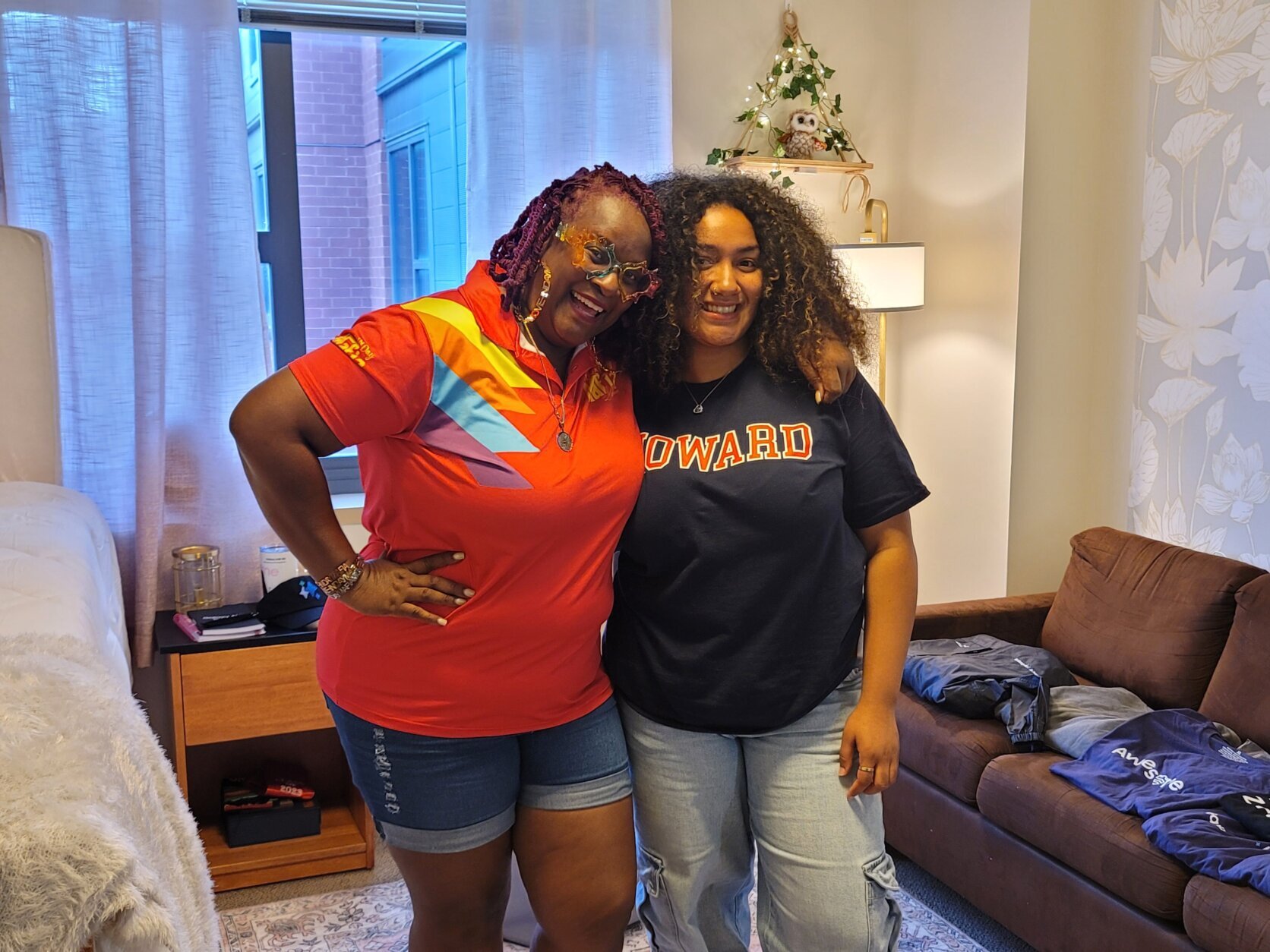
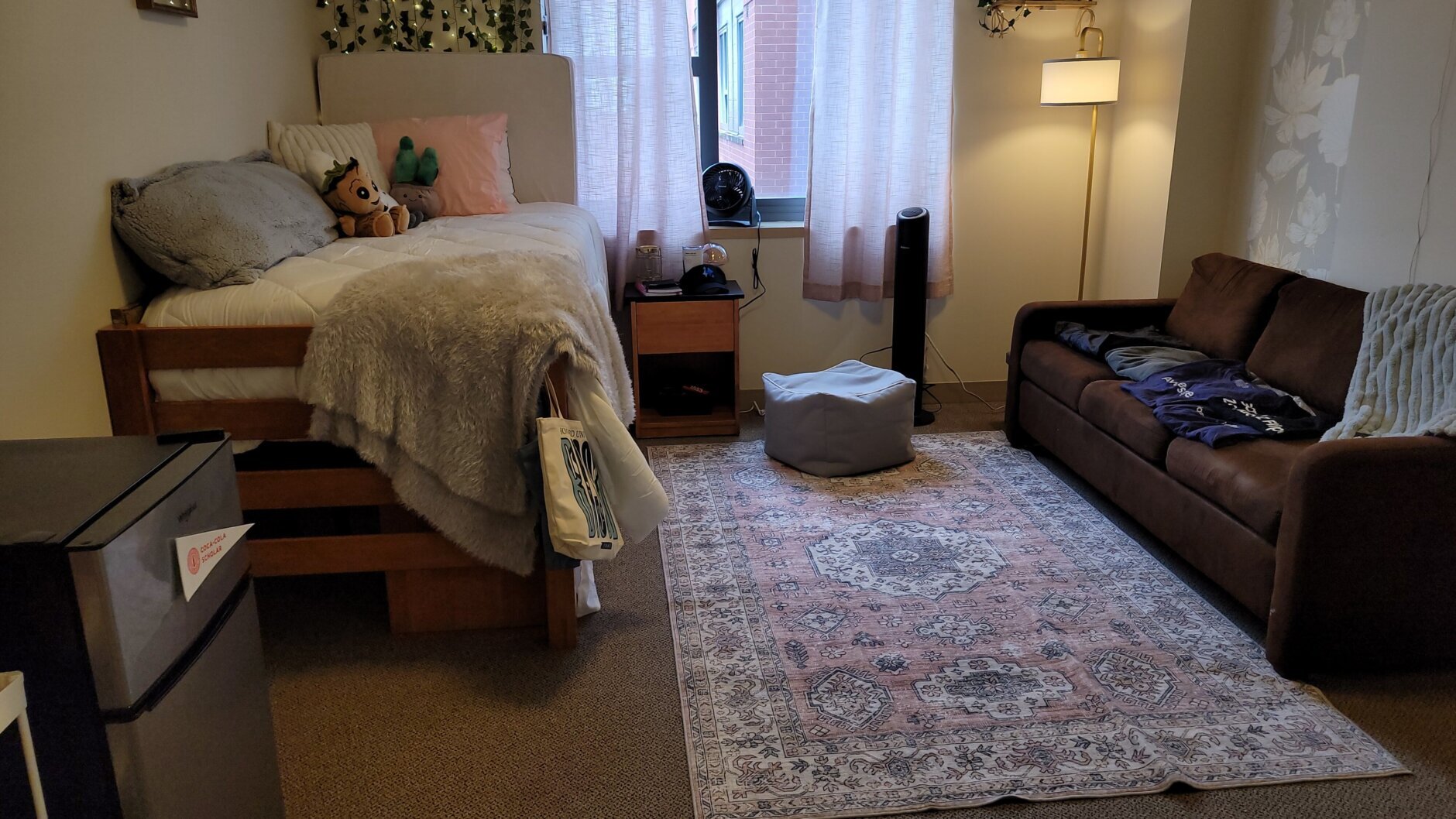
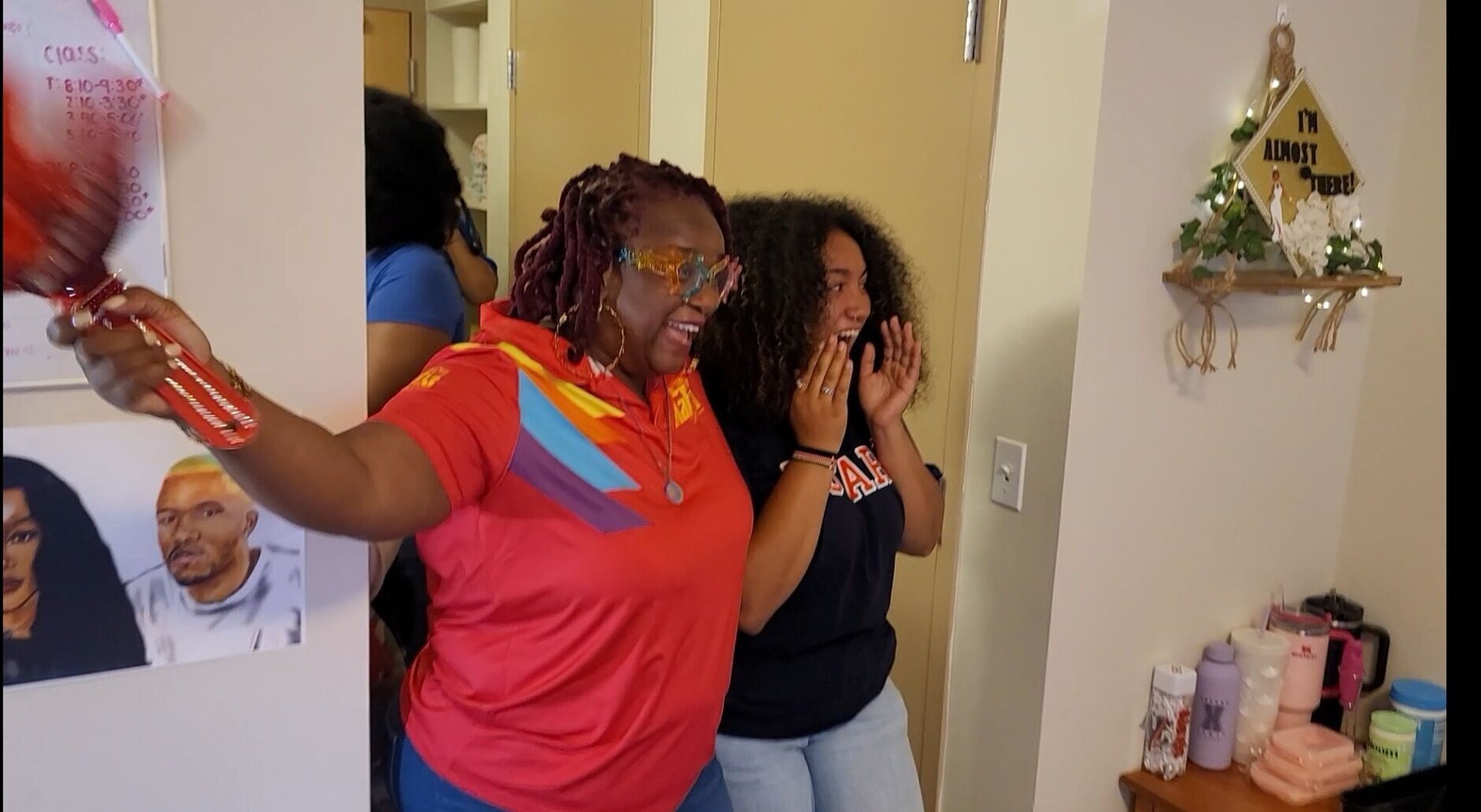
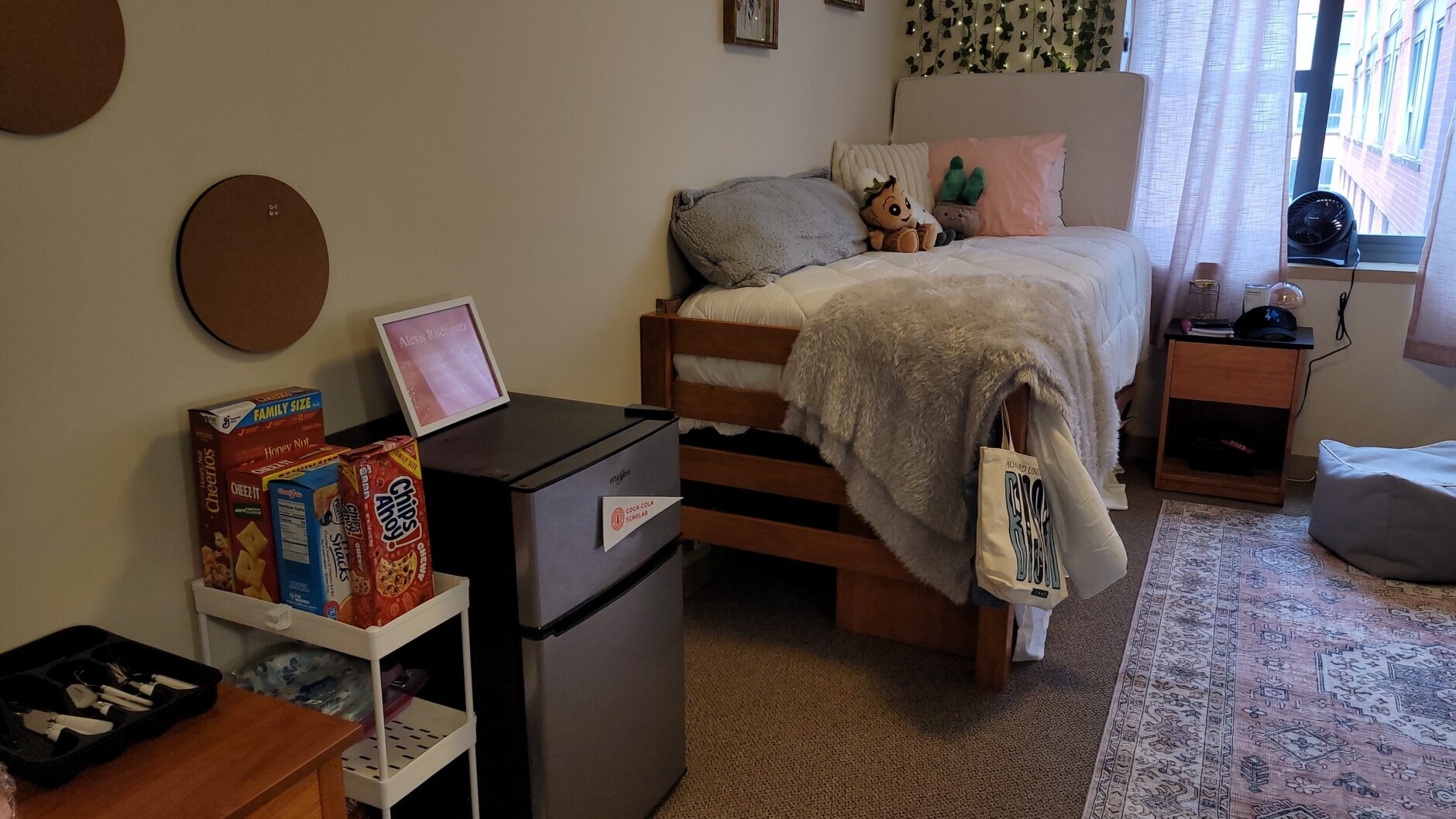
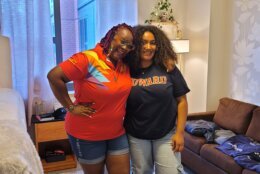
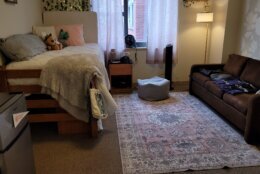
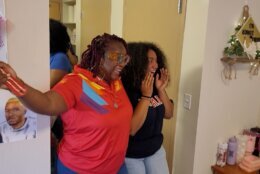
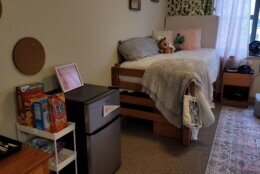
It’s the time of year where kids are going off to college, and in most cases, those new students will have a parent to help them move in, make sure they have what they need in their dorms, and then send a few other things to help them get by as the school year begins.
But what if you grew up bouncing around foster homes? Those little things every student needs likely aren’t so accessible.
A nationwide nonprofit started in part by a Howard University graduate is working to change that.
The Move-In Day Mafia was on the campus of Howard University on Friday, helping two students move into their dorms with everything from bedding to grooming supplies. It’s the third school year that volunteers, numbering over 400 now, have helped get kids who’ve aged out of the foster system into their dorms.
“On one side of the room, you’ve got a family full of people, doting on the students, making sure they have everything they need. And what I’ve learned in many cases that on the other side of the room are students that barely got there,” said TeeJ Mercer, who calls herself the “Godfather of the Move-In Day Mafia.”
“They may have a duffel bag. They may have a trash bag of all of their belongings, and I knew I wanted to do something about it,” she added.
The students they help all attend HBCUs scattered around the country, including Howard and Morgan State University locally.
“We move them in, and not just move them in, but we walk with them for four years by providing them their monthly essentials,” said Mercer. “The mission is that they get to go to school, be regular students without the stress of detergent, toothpaste, without the stress of deodorant, just normal things that we take for granted. This is causing a lot of stress for these students.”
This year, Mercer’s group is helping around 40 different students who attend 19 different historically Black colleges.
She was helping Howard University sophomore Alexis Rodriguez, a San Francisco-area native, move into her dorm on Friday. This is her first year getting a boost from MIDM.
Rodriguez said she’s never had her own permanent bed before — that changed Friday.
Last year, “I was completely by myself. I was asking for support from my extended community to help buy things from my Amazon wishlist,” said Rodriguez. “It took a very long time, and I didn’t even get fully settled into my dorm (until February) because I couldn’t afford to get my essentials.”
Rodriguez, a double major in politics and African studies with dreams of going to law school, said she was given a detailed questionnaire ahead of time, as the MIDM probed nearly everything, down to her preferred grooming and hygiene products.
“People from my demographic, we really have to settle for what’s given to us right in front of us, what’s handed to us for free, or what the cheapest option is that we can afford,” said Rodriguez. “So being able to have these things prepared for us and them really giving us options and caring about our preferences, in a world where I grew up, you should be grateful for whatever is given to you. It’s extraordinary.”
Mercer said one thing she finds amazing is that kids are reluctant to apply to take part in the program because they worry about taking from someone else who might have even more needs.
“They are just so generous that they’re always putting someone else before them,” said Mercer.
Rodriguez said that’s why she almost didn’t apply, and had to be convinced to do so by her foster mom.
“My immediate thought was ‘this isn’t for me. I’m not the target audience this time,’” said Rodriguez. “So I was actually really pushed forward to still apply by my mother, and I’m so grateful for it.”
She said she’s done lots of couch surfing over the years, and even slept in cars, so she’s grateful that a program like this exists.
Mercer said each dorm room they help students move into is custom designed with that particular student in mind.
Toiletries, bedding and other items including feminine hygiene products are provided. Care packages are also sent to each student every month so they can restock on laundry detergent, deodorant and even candy bars.
The MIDM is also looking to grow, and hoping for more support to help more students who are aging out of the foster program.
“We really are trying to get, for the rest of 2024, 1,000 donors to commit to at least $20 a month,” said Mercer. “That’s two Starbucks. That’s your two Starbucks for the month to actually go toward making sure a scholar can get the things that they need for college so they’re not carrying that stress. College is stressful in general, but they don’t need to be carrying that kind of stress.”
As Rodriguez spoke to WTOP, she was also waiting for her room to be made over.
“I’ve never felt so represented,” said Rodriguez. “I’ve struggled so much just embracing my identity as a foster child here at HBCUs, where a lot of people do come from legacies and generations of college graduates. It’s really a boost of confidence in me, reminding myself of why I’m here. So I’m just so eternally grateful.”
Get breaking news and daily headlines delivered to your email inbox by signing up here.
© 2024 WTOP. All Rights Reserved. This website is not intended for users located within the European Economic Area.








